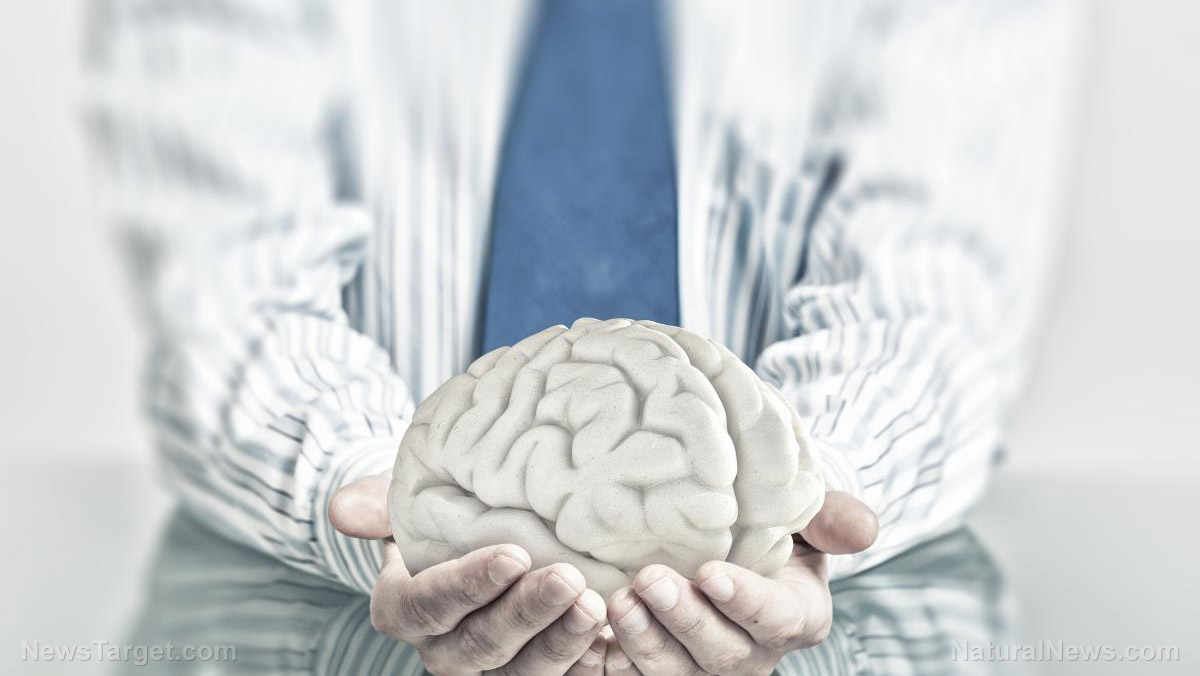Meds for your head are bad for their heart: ADHD medication during pregnancy linked to birth defects, heart deformities
09/12/2018 / By Janine Acero

Pregnant mothers who take medications to treat ADHD during pregnancy expose their babies to an increased risk of developing congenital heart defects, according to a new study.
The data collected from more than four million American and Nordic women by researchers at Brigham and Women’s Hospital show that the risk for having babies with heart deformities increases by 28 percent for pregnant mothers who are treated with methylphenidate drugs, which are commonly taken as medication for ADHD (attention deficit hyperactivity disorder).
This means for every 1,000 pregnant women who took methylphenidate drugs such as Ritalin and Concerta during their first trimester (first 90 days of pregnancy), three infants are born with a heart defect.
“Although the absolute risk is small, it is nevertheless important evidence to consider when treating young women of reproductive age and pregnant women,” researcher Dr. Krista Huybrechts of Brigham and Women’s Hospital said.
The researchers suggest that those with mild to moderate ADHD symptoms may be able to forego treatment during pregnancy. However, pregnant mothers with severe ADHD symptoms are advised to continue using their medication throughout the nine months of gestation.
“Medications used to treat [ADHD] are increasingly used by women of childbearing age as well as by pregnant women,” said Dr. William Cooper, in a commentary on the study. “Because nearly half of pregnancies are unplanned, women could be taking a prescription medication and become pregnant without being aware of the [associated] risks.”
Medication and heart problems
Previous studies have linked ADHD medication to heart risks. A 2014 study published in the Journal of Child and Adolescent Psychopharmacology found that children taking ADHD medications are twice as likely to develop rare heart problems. (Related: Industry-funded study flawed: ADHD, stimulant drugs linked to heart disease and death, says doctor.)
Meanwhile, a 2016 study published in The BMJ found that cases of arrhythmia, or irregular heartbeats, were more likely to occur during the first two months of methylphenidate treatment.
Managing ADHD
ADHD is a chronic disorder that affects about 4.1 percent of American adults. The number of people taking ADHD medication is steadily rising, with a 36 percent incline in 2008 and 2012. The biggest spike in this statistic is seen in young women, between the ages of 19 and 34.
Amphetamines and methylphenidate are stimulants that increase activity in the body. They are considered the first-line medication for managing ADHD. However, many medications have been proven to lead to adverse side effects, such as sleep problems, mood swings, and loss of appetite.
Healthline.com shares some tips on managing ADHD symptoms without relying too much on medications:
- Avoiding food dyes and preservatives – These are commonly found in the foods that children love, like carbonated beverages, cereal, desserts, and fruit juice products. These chemicals may increase hyperactive behavior in some children.
- Taking yoga or tai chi class – Regular practice of yoga or tai chi, which include slow, rhythmic and meditative movements, may be helpful for people with ADHD to manage their anxiety, hyperactivity and social problems.
- Considering natural remedies – Herbs like ginkgo, ginseng, and passionflower have calming properties that may also help manage hyperactivity in ADHD patients.
Visit NaturalMedicine.news today to find out about other chemical-free remedies that help manage ADHD symptoms and other ailments.
Sources include:
Tagged Under: adhd, Attention deficit hyperactivity disorder, babies, Birth defects, drug addiction, drugs, heart defects, heart deformities, Infants, meds, Methylphenidate, pregnancy, pregnant women, ritalin, women's health


















